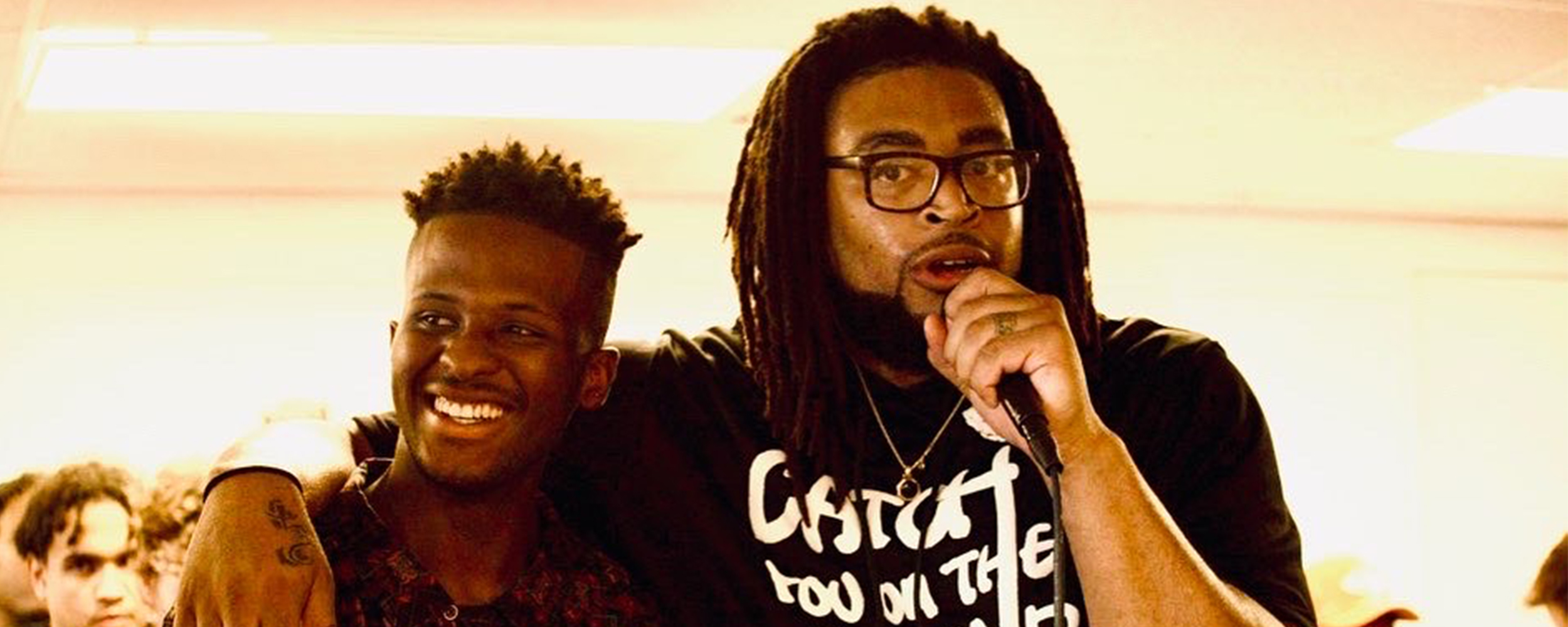
From court to community: How Marshall Moses found purpose beyond basketball
Friday, October 24, 2025
Media Contact: Page Mindedahl | Communications Specialist | 405-744-9782 | page.mindedahl@okstate.edu
When Marshall Moses arrived in Stillwater in 2007, he was a 6-foot-7 South Carolina native with big dreams and a powerful drive to compete.
A standout on the court, Moses made his mark as a forward for the Oklahoma State men’s basketball team from 2007 to 2011 — years that shaped him both as a student-athlete and as a person.
“I came to OSU on a visit for a Bedlam game, and after the game, I was ready to commit right then,” Moses said. “It was one of the best experiences of my life. OSU really changed me.”
That decision launched a career that would take Moses far beyond Gallagher-Iba Arena. After graduating, he played professionally overseas for nearly a decade, competing everywhere from Europe to the Middle East. But it was the lessons he learned at OSU — resilience, adaptability and self-belief — that prepared him for a new kind of stage.
“Playing in the Big 12, going up against guys like Blake Griffin, it toughened me,” he said. “By the time I went overseas, I’d already seen everything. OSU prepared me for whatever came next.”
What came next, however, was not what he expected.
When COVID-19 halted international travel and isolated Moses from his family, he began to reflect on his life beyond basketball.
A lifelong hip-hop fan who grew up rapping and writing lyrics, he started hosting small community “cyphers” — freestyle sessions — in Tulsa. Those gatherings became the foundation for SoulBody Cyphers, a nonprofit organization using hip-hop as a tool for mental health awareness and youth empowerment.
“Hip-hop and sports are so connected,” Moses said. “Both worlds take confidence, rhythm and discipline. And for me, hip-hop was always an outlet, a form of therapy.”
Through SoulBody Cyphers, Moses works with young people who face different challenges in their personal lives and at home. Many of his programs, including a partnership with the Tulsa Boys’ Home, use music, writing and art to help participants express themselves and develop vocational skills.
“We show kids that what they’re already doing — drawing, writing, producing — can be something therapeutic and even career-building,” Moses said. “A lot of them have so much talent, they just need someone to help channel it.”
One thing he is most proud of is a partnership with local Tulsa area radio stations. Moses has helped students produce and broadcast their music, an experience that changed the way their mentors and peers saw them.
“There was this one kid who hardly ever talked,” Moses said. “But when he got behind the mic, we heard things from him that nobody had ever heard before. That’s when I knew this work was meaningful.”
While he once envisioned a career defined by points and rebounds, Moses now measures success through impact and the number of young people who find confidence and creativity through his programs. Since launching in 2021, SoulBody Cyphers has grown rapidly, expanding to schools, community centers and even international events.
“I started out just trying to make a difference in Tulsa,” he said. “Now, people are asking us to bring this to Oklahoma City, to other states, even overseas. My dream is to have these programs running everywhere and give kids hope through the arts.”
Looking back, Moses said his time in Stillwater was the spark that made it all possible.
“Without OSU, I don’t know if I would’ve had the confidence to do something this different,” he said. “Basketball taught me to work hard, believe in myself and lead. Now, I’m just using those lessons to help others find their voice.”
